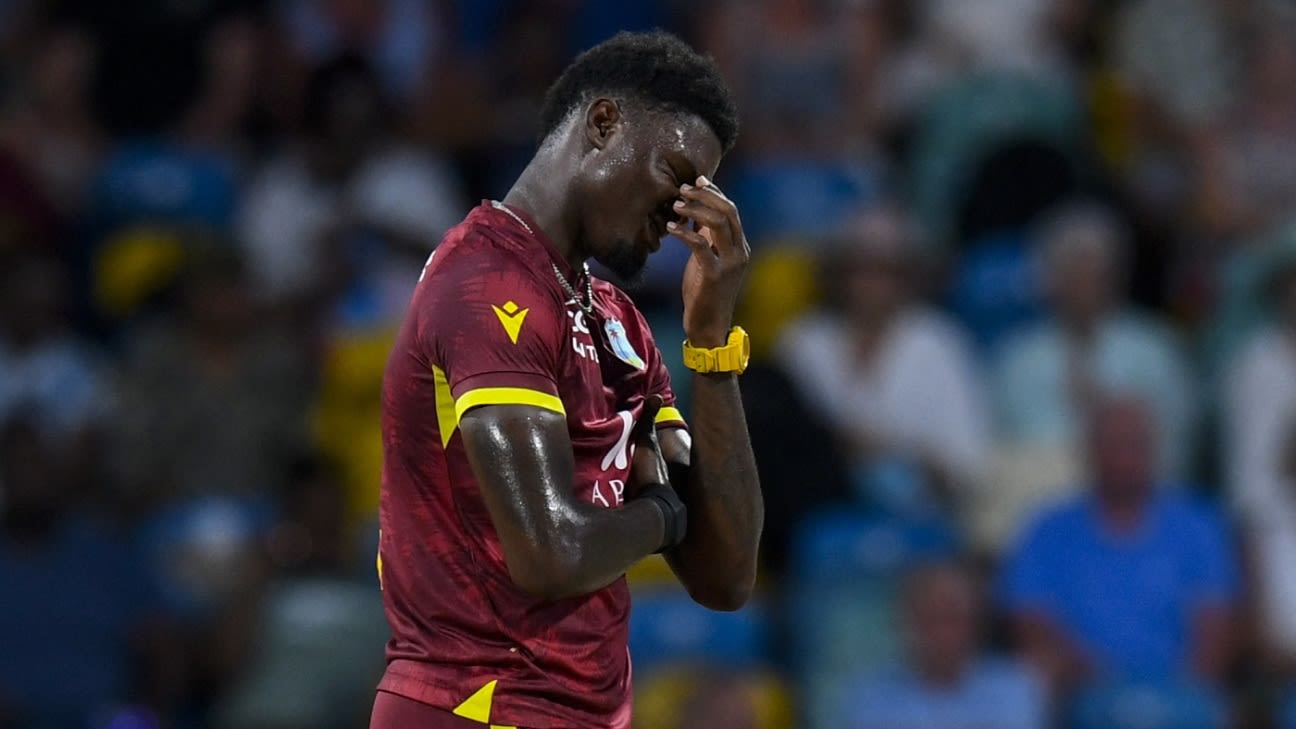NEW DELHI: The Supreme Court on Tuesday strongly criticised the Gujarat Police for publicly flogging five individuals from the Muslim community in a village in Kheda district in 2022.
The court questioned the authority of the police to tie people to poles and beat them.
The bench of Justices BR Gavai and Sandeep Mehta was hearing an appeal by four police personnel against their 14-day sentence for contempt of court and violating guidelines about detaining and interrogating suspects.
Justice Gavai expressed anger and asked the police personnel if they had the legal authority to carry out such actions.
“(Do) you have an authority under law to tie people to a pole and beat them? Go and enjoy the custody,” a furious Justice Gavai said during the hearing.
Severely reprimanding the officials, Justice Mehta said, “What kind of atrocities are these? Tying the people to a pole, beating them in public view and taking videos. Then you want this court to intervene.”
The officials’ counsel, senior advocate Siddharth Dave, stated that the cops were already facing criminal prosecution, departmental proceedings, and an inquiry by the National Human Rights Commission.
He argued that the issue at hand was the high court’s jurisdiction to proceed with contempt proceedings against them.
Justice Gavai responded by stating that ignorance of the law is not a valid defense and that every police officer should be aware of the guidelines.
The high court had found the four policemen guilty of contempt of court for violating the Supreme Court’s guidelines in the DK Basu case, which outlined the proper conduct of police during arrests, detentions, and interrogations.
The incident in question involved the accused policemen allegedly beating five Muslims with batons and tying them to a pole.
These individuals were among 13 people detained for their alleged involvement in throwing stones at a garba event during the Navratri festival. The chief judicial magistrate conducted an inquiry and identified the role of four policemen, leading to their conviction for contempt of court.
The Supreme Court’s stay on the imprisonment sentence allows the accused policemen to appeal the judgment.
(With inputs from agencies)
The court questioned the authority of the police to tie people to poles and beat them.
The bench of Justices BR Gavai and Sandeep Mehta was hearing an appeal by four police personnel against their 14-day sentence for contempt of court and violating guidelines about detaining and interrogating suspects.
Justice Gavai expressed anger and asked the police personnel if they had the legal authority to carry out such actions.
“(Do) you have an authority under law to tie people to a pole and beat them? Go and enjoy the custody,” a furious Justice Gavai said during the hearing.
Severely reprimanding the officials, Justice Mehta said, “What kind of atrocities are these? Tying the people to a pole, beating them in public view and taking videos. Then you want this court to intervene.”
The officials’ counsel, senior advocate Siddharth Dave, stated that the cops were already facing criminal prosecution, departmental proceedings, and an inquiry by the National Human Rights Commission.
He argued that the issue at hand was the high court’s jurisdiction to proceed with contempt proceedings against them.
Justice Gavai responded by stating that ignorance of the law is not a valid defense and that every police officer should be aware of the guidelines.
The high court had found the four policemen guilty of contempt of court for violating the Supreme Court’s guidelines in the DK Basu case, which outlined the proper conduct of police during arrests, detentions, and interrogations.
The incident in question involved the accused policemen allegedly beating five Muslims with batons and tying them to a pole.
These individuals were among 13 people detained for their alleged involvement in throwing stones at a garba event during the Navratri festival. The chief judicial magistrate conducted an inquiry and identified the role of four policemen, leading to their conviction for contempt of court.
The Supreme Court’s stay on the imprisonment sentence allows the accused policemen to appeal the judgment.
(With inputs from agencies)






